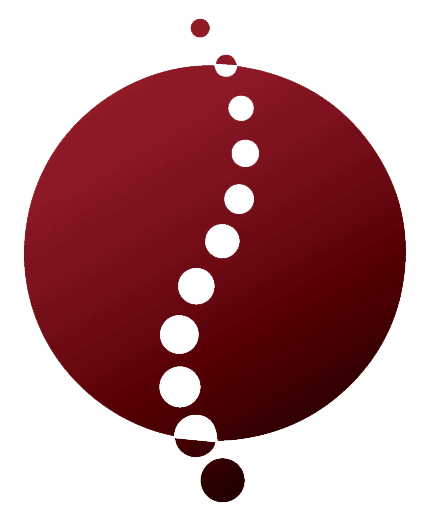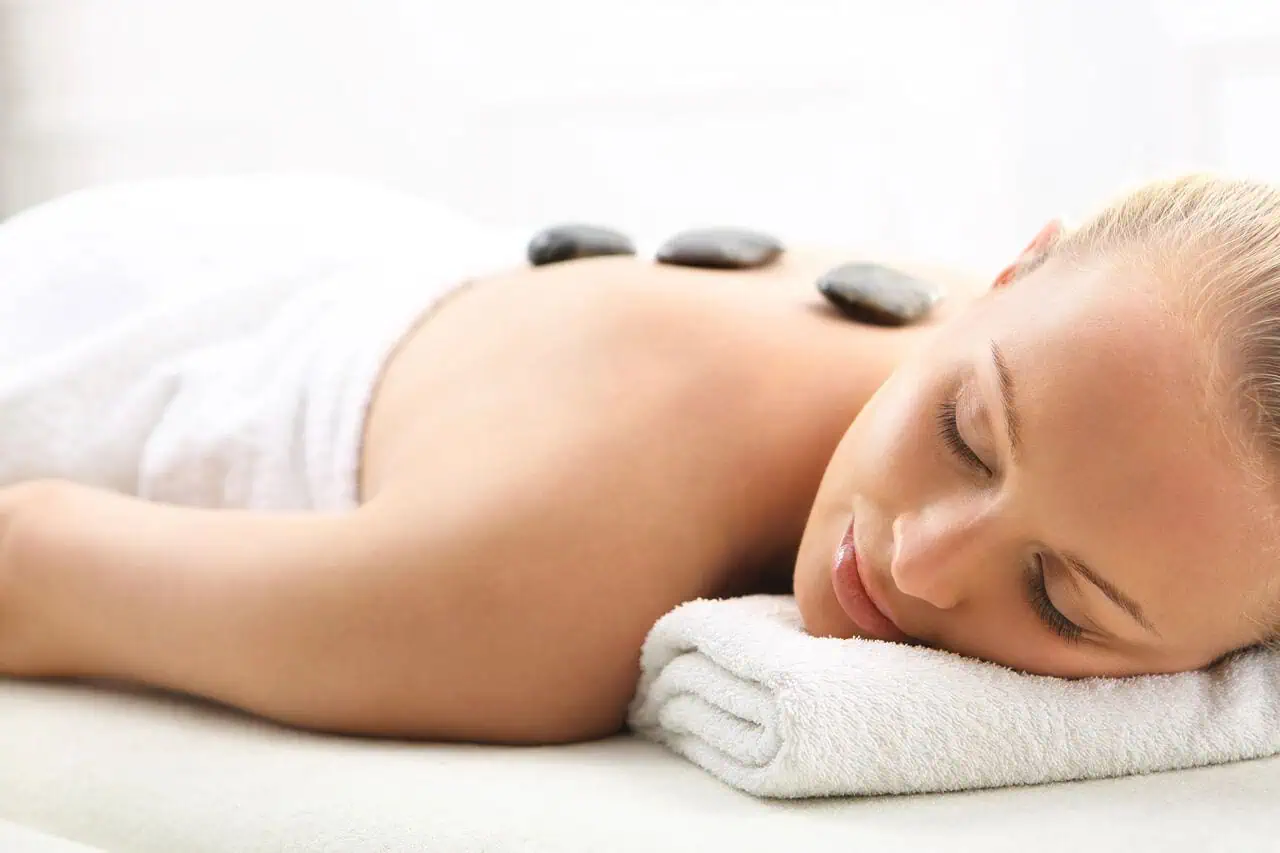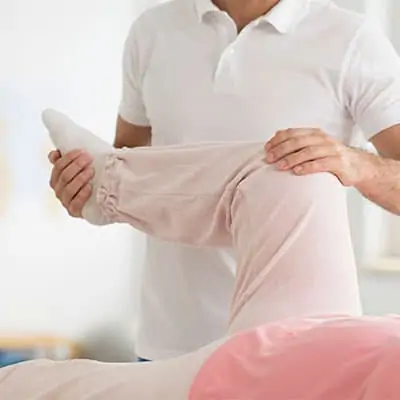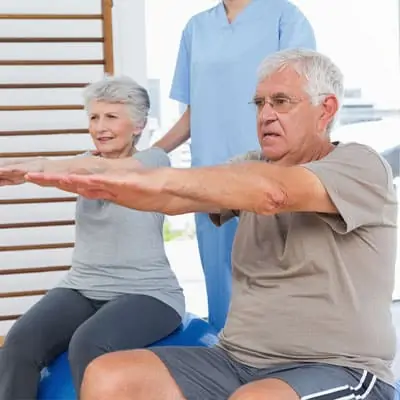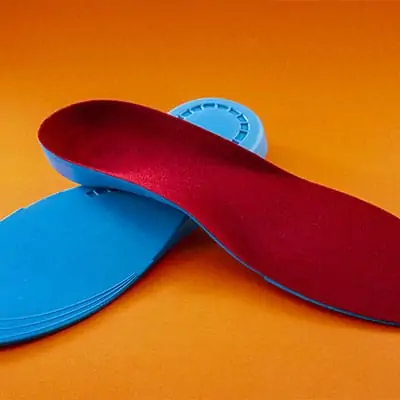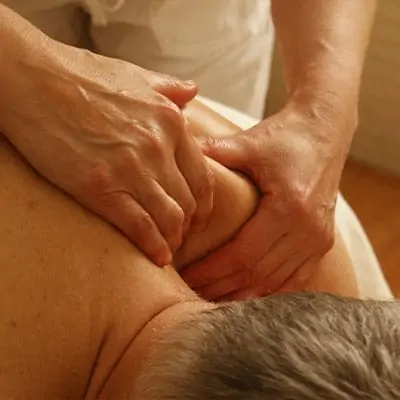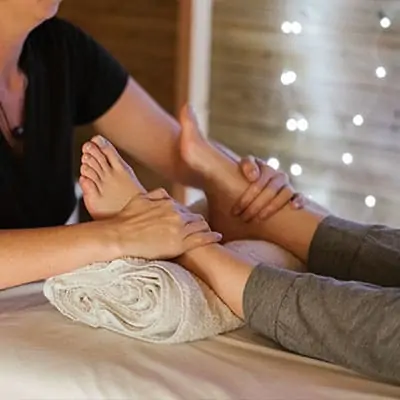Hot Stone Massage Therapy: A Therapeutic Experience
What is Hot Stone Massage Therapy?
Hot stone massage therapy is a specialized healing technique that utilizes heated stones to enhance the massage experience. It combines the benefits of warming therapy with traditional massage methods to provide relaxation and relief from tension. This therapy often involves a series of smooth stones, typically basalt, which are heated to the optimal temperature and placed on specific points of the body. The warmth of the stones helps to ease tight muscles and improve overall circulation.
The application of heat encourages blood flow and allows the massage therapist to work more deeply into the muscles without causing discomfort. This technique is suitable for individuals seeking both relaxation and therapeutic benefits. To learn more about the various types of massage therapy available, consider exploring our article on types of massage therapy.
How Does Hot Stone Massage Therapy Work?
During a hot stone massage session, the therapist typically follows these steps:
-
Preparation of Stones: Basalt stones are chosen for their properties to retain heat. They are heated in water to a comfortable temperature, usually between 130°F and 145°F (54°C and 63°C).
-
Placement of Stones: The warm stones are placed on specific areas of the body, such as the back, hands, or feet. This helps to induce relaxation and prepare the muscles for deeper massage techniques.
-
Massage Techniques: The therapist may then use the heated stones to massage the body, or switch to their hands while keeping some stones in place. This combination enhances the effectiveness of the massage therapy, allowing for improved muscle tension relief.
-
Cooling Stones: Cooling stones may also be utilized towards the end of the session to provide a contrasting effect, helping to stimulate circulation and relieve inflammation.
The session typically lasts between 60 to 90 minutes, depending on individual preferences and needs. Below is a table outlining the average duration and temperature for hot stone massage therapy:
| Component | Average Duration | Temperature (°F) |
|---|---|---|
| Heating Stones | 30 minutes | 130 – 145 |
| Massage Session | 60 – 90 minutes | 100 – 120 |
Hot stone massage therapy is favored for its ability to foster a profound sense of relaxation. To discover how this therapy can specifically address your needs, refer to our article on massage therapy benefits.
Benefits of Hot Stone Massage Therapy
Hot stone massage therapy offers numerous advantages that promote physical and mental well-being. Understanding these benefits can help you decide if this treatment is suitable for your relaxation and recovery needs.
Relaxation and Stress Relief
One of the primary benefits of hot stone massage therapy is its ability to provide deep relaxation. The heat from the stones helps to calm your nervous system and ease tension in your muscles. This holistic approach to relaxation can significantly reduce stress levels and promote a sense of tranquility.
| Benefit | Description |
|---|---|
| Reduces Anxiety | Heat encourages release of endorphins |
| Enhances Mood | Calming effects improve overall mood |
| Promotes Sleep | Helps create a peaceful state for sleep |
Incorporating this type of massage into your routine can help foster a more relaxed state of mind, particularly if you experience daily stress.
Muscle Tension and Pain Relief
Hot stone massage therapy is effective in alleviating muscle tension. The heat penetrates deep into the muscles, allowing for the loosening of tight areas and promoting pain relief. Whether you are dealing with soreness from exercise or chronic tension, the application of heated stones can help.
| Condition | Treatment Effectiveness |
|---|---|
| Chronic Back Pain | High |
| Muscle Strain and Sprain | Moderate |
| Tension Headaches | High |
This therapy may complement other techniques, such as deep tissue massage therapy and sports massage therapy, enhancing your overall recovery process.
Improvement in Circulation
Another significant benefit is the stimulation of blood circulation. The combination of heat and pressure from the stones helps to improve blood flow, which can bring more oxygen and nutrients to your muscles and tissues. Enhanced circulation can lead to quicker recovery times and improved overall health.
| Circulation Indicators | Before Treatment | After Treatment |
|---|---|---|
| Blood Flow Rate (mL/min) | 100 | 150 |
| Oxygen Saturation % | 95 | 98 |
Improving circulation is crucial for overall health, as it aids in maintaining optimal organ function and speeds the healing process for injuries.
Hot stone massage therapy offers compelling benefits that can enhance both physical and mental well-being. If you are considering a session, you might want to explore various types of massage therapy and how they can fit into your wellness routine.
The Hot Stone Massage Experience
The experience of a hot stone massage involves meticulous preparation and skilled application to maximize the therapeutic benefits. Knowing what to expect can enhance your overall experience.
Preparation and Setup
Before your hot stone massage begins, the therapist takes several steps to prepare the environment and materials. Here’s what to expect during the preparation phase:
| Step | Description |
|---|---|
| Room Ambiance | The therapist creates a calming atmosphere, often with soft lighting and soothing music. |
| Stone Selection | Basalt stones, known for their heat retention, are selected. They typically range from 2 to 5 inches in diameter. |
| Heating Stones | The stones are heated in water or using a specialized heating unit. Ideal temperatures range from 120°F to 140°F. |
| Client Comfort | You’ll be asked about your comfort level and any specific areas of tension. Blankets or towels may be used to ensure warmth. |
| Oils and Lotions | Depending on your preferences, massage oils may be applied to enhance the experience. |
Technique and Application
During the massage, the therapist employs various techniques to maximize the benefits of the hot stones. Here’s how the application typically unfolds:
- Stone Placement: Warm stones are placed on specific points on the body, often along the spine, palms, and feet. This helps open energy pathways and promotes relaxation.
- Massage Techniques: Once the stones have warmed the muscles, the therapist may use the stones as an extension of their hands, gliding them along the body to relieve tension. Common techniques used include:
| Technique | Description |
|---|---|
| Gliding | The therapist glides the stones over the skin in long, smooth motions to create a soothing effect. |
| Pressing | The therapist applies pressure with the stones on tense areas to alleviate discomfort. |
| Circular Movements | Stones may be rotated or moved in circles over muscles to promote relaxation and blood flow. |
- Heat Adjustment: The temperature of the stones can be adjusted during the session. Should the stones cool down, they may be replaced with warmed ones to maintain a steady therapeutic effect.
- Therapist Techniques: Your therapist may incorporate various massage techniques, such as deep tissue massage therapy or trigger point massage therapy, to target specific muscle groups depending on your needs.
Throughout the session, communication with your therapist is key to ensure the experience meets your comfort levels. For a comprehensive look at various techniques used in massage therapy, consider exploring our article on massage therapy techniques.
Hot Stones and Their Role
Hot stone massage therapy uses heated stones to enhance the overall experience and provide therapeutic benefits. Understanding the types of stones used and their heating and placement will deepen your appreciation for this relaxing treatment.
Types of Stones Used
The stones commonly utilized in hot stone massage therapy are typically smooth and flat, allowing for easy placement on your body. Here’s a table summarizing the primary types of stones often used in this therapy:
| Type of Stone | Characteristics |
|---|---|
| Basalt | Volcanic rock, retains heat effectively, ideal for prolonged use |
| Marble | Smooth and cool to the touch, often used for cooling techniques |
| River Stones | Naturally smoothed by water, varying sizes for different applications |
| Soapstone | Soft, easy to sculpt, used for smaller stones or specific areas |
Heating and Placement of Stones
Heating the stones is a crucial aspect of this therapy. Massage therapists typically use a specialized stone heater to ensure stones reach the desired temperature without overheating. The ideal temperature for the stones is usually between 130°F to 145°F (54°C to 63°C). Here are the basic steps involved in heating and placing the stones during a session:
- Heating: Stones are submerged in water inside a heater until they reach the appropriate temperature. Temperature regularly checks are performed to ensure safety.
- Placement: Once heated, stones are strategically placed on your body, often along energy centers or trigger points. In this way, the heat penetrates your muscles, providing relaxation and relief.
- Movement: The therapist may also use the heated stones to perform various massage techniques. The combination of heat and manual therapy enhances muscle relaxation and may improve circulation.
Understanding the types of stones and how they are utilized during a hot stone massage therapy session can help you make informed choices about your wellness practices. For more insights into different techniques applied in massage, explore our guide on massage therapy techniques.
Conditions to Consider
Who Can Benefit from Hot Stone Massage Therapy?
Hot stone massage therapy can be beneficial for various individuals looking to alleviate discomfort, stress, and tension. Here are some groups that may find relief and relaxation through this therapeutic experience:
| Individual Group | Benefits |
|---|---|
| Individuals with Muscle Tension | Helps to relax tight muscles and release knots. |
| People Experiencing Chronic Pain | Provides relief for conditions like fibromyalgia and arthritis. |
| Those Seeking Stress Relief | Promotes relaxation and reduces anxiety levels. |
| Athletes | Aids in recovery and enhances flexibility. |
| Seniors | Offers gentle relief for age-related aches and improves circulation. |
If you are dealing with specific conditions, such as massage therapy for back pain or massage therapy for anxiety, hot stone massage may complement your treatment plan.
Precautions and Contraindications
While hot stone massage therapy is generally safe, there are certain precautions and contraindications you should consider before booking a session. Understanding these helps to ensure a safe and enjoyable experience.
| Condition | Precaution/Contraindication |
|---|---|
| Pregnancy | Avoid massage on sensitive areas and consult a healthcare provider. |
| Skin Conditions | Open sores, rashes, or sunburns may be aggravated by heat. |
| Heart Conditions | Individuals with heart disease should consult a doctor due to increased circulation. |
| Diabetes | May affect bodily response to heat; discuss with a healthcare provider. |
| Allergies | Ensure no allergic reactions to oils or other materials used. |
Always consult a trained therapist who can assess your individual situation and provide personalized recommendations. This can help ensure that hot stone therapy is a suitable option for you, especially when exploring various types of massage therapy that address different needs.
Incorporating Hot Stone Massage Therapy in Your Wellness Routine
Hot stone massage therapy can be a beneficial addition to your wellness routine. Understanding the frequency of sessions and ways to enhance your experience can significantly impact the benefits you receive.
Frequency and Maintenance
The frequency of hot stone massage therapy sessions can vary depending on individual needs and wellness goals. Here is a guideline for how often you might consider scheduling your sessions:
| Purpose of Massage | Suggested Frequency |
|---|---|
| General relaxation | Once every 2 to 4 weeks |
| Muscle tension relief | Once a week |
| Therapeutic purposes (e.g., pain management) | Bi-weekly or as needed |
Regular sessions can support ongoing relaxation and muscle relief. Whether you’re dealing with chronic pain or simply seeking relaxation, maintaining a consistent schedule can help maximize the benefits of your massage experience.
Enhancing Your Massage Experience
To make the most of your hot stone massage therapy sessions, consider the following tips:
-
Communicate with Your Therapist: Share any specific areas of tension or discomfort with your massage therapist. Effective communication can tailor the therapy to your personal needs.
-
Create a Comfortable Environment: Prior to your session, ensure the setting is conducive to relaxation. A calm atmosphere with dim lighting and soft music can enhance your experience.
-
Hydrate Before and After: Drinking water before and after your massage helps to flush out toxins released during the session. Staying hydrated promotes healing and recovery.
-
Incorporate Other Therapies: Consider pairing hot stone massage with other types of massage therapy, such as Swedish massage therapy or deep tissue massage therapy, to address different muscle layers or relaxation needs.
-
Follow-Up Care: Discuss any follow-up care recommendations with your therapist. This might include stretches, exercises, or other wellness practices to enhance your recovery and overall health.
Incorporating these practices can help you get the maximum benefits from your hot stone massage therapy sessions, making it an effective part of your wellness routine. For more information on the various benefits of massage, explore articles on massage therapy benefits or types of massage therapy.
